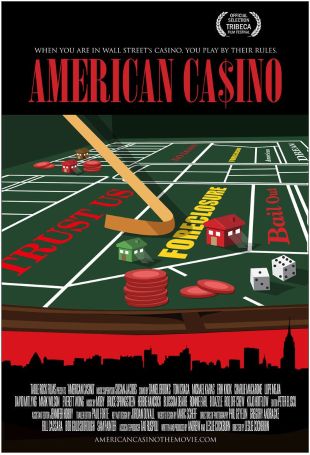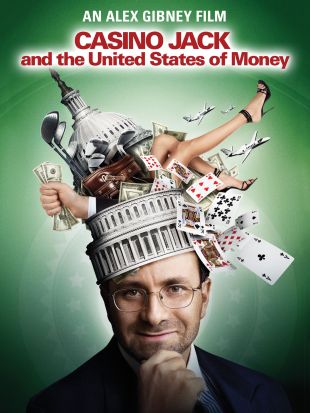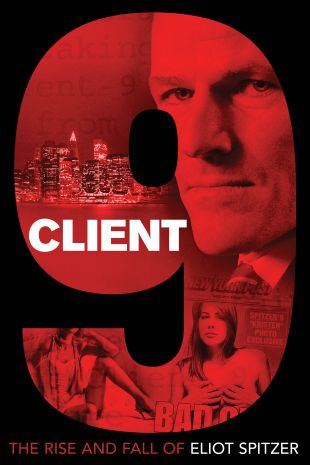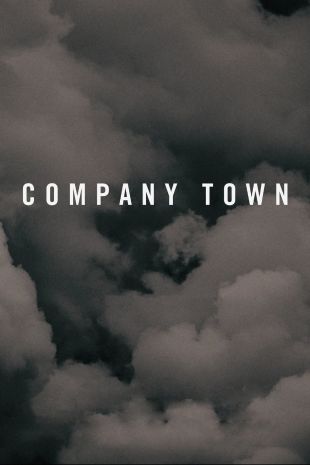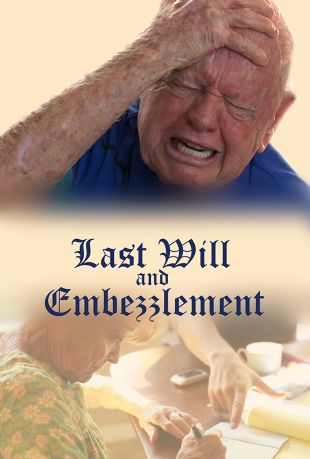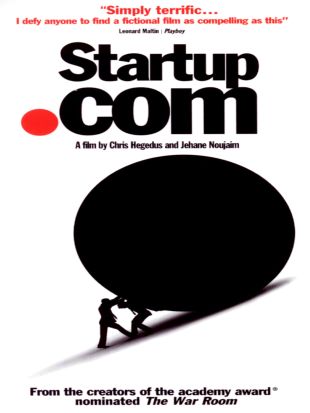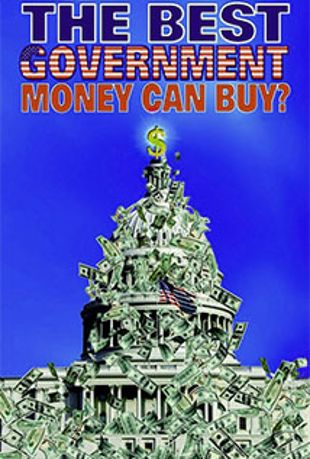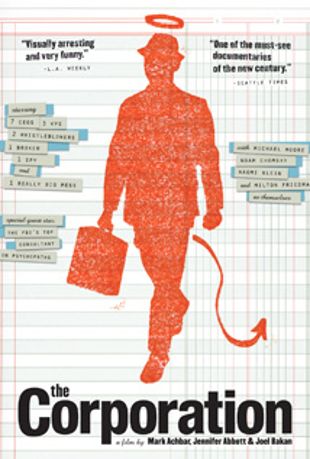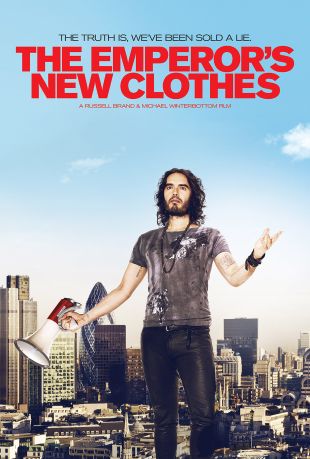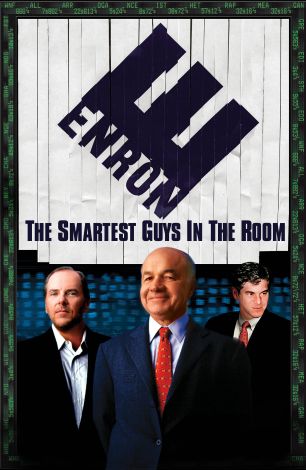
Enron: The Smartest Guys in the Room (2005)
Directed by Alex Gibney
Genres - Historical Film |
Sub-Genres - Biography, Finance & Investing, Law & Crime |
Release Date - Apr 22, 2005 (USA - Limited) |
Run Time - 110 min. |
Countries - United States |
MPAA Rating - R
Share on
Synopsis by Josh Ralske
Alex Gibney, who wrote and produced Eugene Jarecki's The Trials of Henry Kissinger, examines the rise and fall of an infamous corporate juggernaut in Enron: The Smartest Guys in the Room, which he wrote and directed. The film, based on the book by Fortune Magazine reporters Bethany McLean and Peter Elkind, opens with a reenactment of the suicide of Enron executive Cliff Baxter, then travels back in time, describing Enron chairman Kenneth Lay's humble beginnings as the son of a preacher, his ascent in the corporate world as an "apostle of deregulation," his fortuitous friendship with the Bush family, and the development of his business strategies in natural gas futures. The film points out that the culture of financial malfeasance at Enron was evident as far back as 1987, when Lay apparently encouraged the outrageous risk taking and profit skimming of two oil traders in Enron's Valhalla office because they were bringing a lot of money into the company. But it wasn't until eventual CEO Jeff Skilling arrived at Enron that the company's "aggressive accounting" philosophy truly took hold. The Smartest Guys in the Room explores the lengths to which the company went in order to appear incredibly profitable. Their win-at-all-costs strategy included suborning financial analysts with huge contracts for their firms, hiding debts by essentially having the company loan money to itself, and using California's deregulation of the electricity market to manipulate the state's energy supply. Gibney's film reveals how Lay, Skilling, and other execs managed to keep their riches, while thousands of lower-level employees saw their loyalty repaid with the loss of their jobs and their retirement funds. The filmmaker posits the Enron scandal not as an anomaly, but as a natural outgrowth of free-market capitalism.
Characteristics
Moods
Themes
Keywords
bankruptcy, big-business, CEO (Chief Executive Officer), corruption, fall [downfall], greed, scandal, scheme, secrets, stockholder
Attributes
High Artistic Quality
